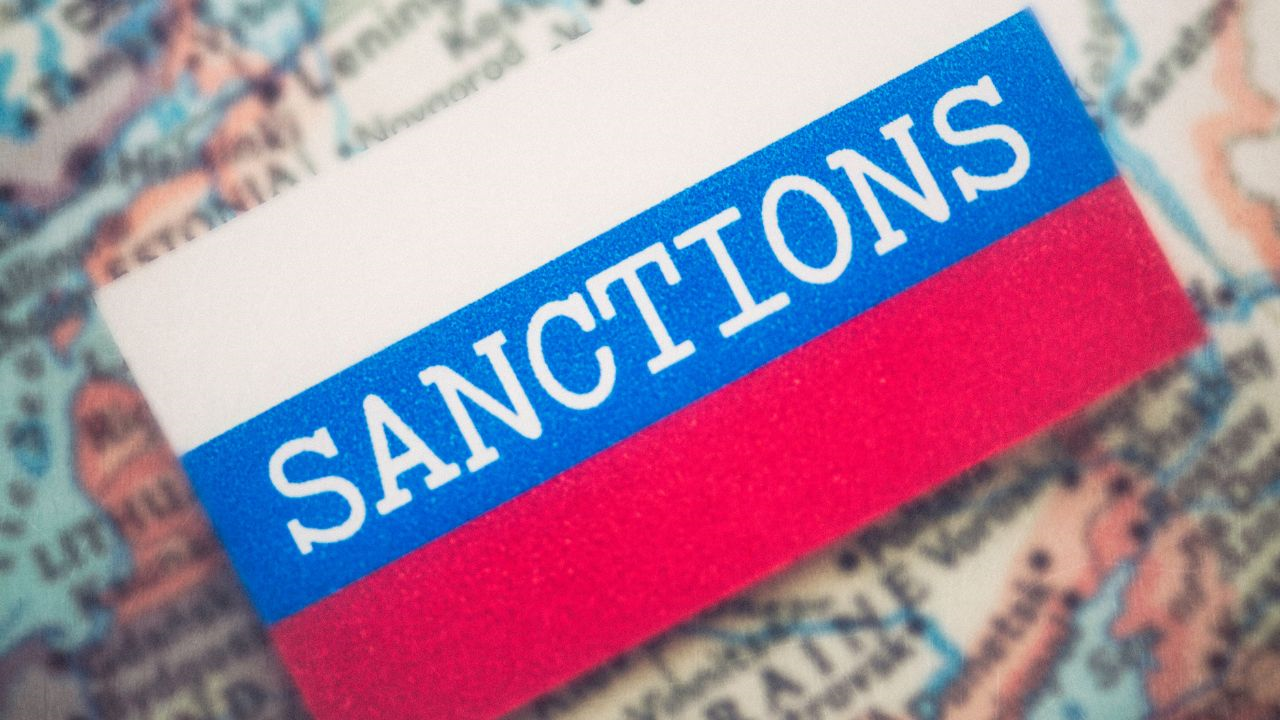Cryptocurrencies are not regarded as legal money in South Korea, and exchanges, while legal, are governed by a strict regulatory framework. In South Korea, crypto taxing is a grey area: because cryptocurrency transactions are neither cash nor financial assets, they are now tax-free. The Ministry of Strategy and Finance, on the other hand, has stated that it is considering levying a tax on crypto transaction profits and plans to publish a taxation framework in 2022.
New Cryptocurrency Exchange Regulations
South Korean cryptocurrency exchange laws are rigorous, including government registration and other procedures monitored by the Financial Supervisory Service of South Korea (FSS).
The South Korean government restricted the use of anonymous accounts in cryptocurrency trading in 2017 and restricted local financial institutions from hosting Bitcoin futures transactions, reporting suspicions of a ban. In addition, the Financial Services Commission (FSC) tightened reporting requirements for banks with crypto exchange accounts in 2018.
The new laws restrict cryptocurrency trading to “real-name bank accounts,” which indicates that a trader (client) must create a real-name account with the same bank as their cryptocurrency dealer in order to deposit or withdraw funds from their e-wallet. In accordance with standard AML/CFT rules and structured transaction reporting requirements, both the bank and the dealer must verify the trader's identity.
The South Korean government amended existing legislation in 2020, extending mandatory anti-money laundering and counter-terrorist financing obligations to all South Korean exchanges and requiring firms to obtain a license to operate from the Financial Services Commission's Financial Intelligence Unit by the end of September 2021.
Who Is Affected by the New Regulations?
The new legislation applies to Virtual Asset Service Providers (VASPs) who engage in the following commercial activities:
- selling and purchasing cryptocurrencies
- crypto-to-crypto transfers
- transmitting cryptocurrencies
- the administration or keeping of virtual assets
Cryptocurrency exchanges, custodian wallet providers, and Initial Coin Offering (ICO) projects are all involved in these operations.
What Are the Changes?
After the implementation of the new cryptocurrency regulations, before beginning their business, all crypto service providers must upgrade their AML/KYC systems and register with Korean financial regulators.
These regulations are not entirely new; the Financial Services Commission (FSC) implemented them in 2018. Until recently, though, they have not required: just the four largest Korean exchanges—Bithumb, Upbit, Coinone, and Korbit—had adopted them. However, the amended Act forces all Korean VASPs to meet the following requirements:
- They must establish a corporate bank account and offer consumers real-name accounts with the same financial institution.
- They must implement enhanced anti-money laundering/know-your-customer (AML/KYC) processes based on a risk-based strategy, which includes customer due diligence and suspicious transaction reporting. This necessitates a technical solution that allows customers' personal data to be shared with transaction counterparties (FATF's R.16 "travel regulation").
- Companies must get a certificate from the Korea Internet & Security Agency for an Information Security Management System (KISA) (ISMS).
- They must provide the financial intelligence unit with the firm's data (name of the company, representative's name, location of the business location, and contact information) as well as the bank account information.
Deadlines: In March 2021, the regulation will take place. By the end of a six-month transition period, no later than September 2021, all Korean crypto service providers have to be completely compliant.
Sanctions: If one doesn't have an approved bank account, one may face a 5-year prison sentence or a fine of 50 million Korean Won for the company's owners, which is approximately equivalent to 43,000 USD.
AML/CTF standards have been made compulsory for a wide variety of virtual asset service providers under new Korean law. With financial authorities now having access to data on crypto transactions, this step promotes a safer economic climate. Crypto companies must become completely compliant by September 2021 to avoid fines.
Future Cryptocurrency Regulations
South Korea has also stated that it will keep seeking to bring the business into compliance with the FATF's anti-money laundering regulations in addition to the planned tax structure for cryptocurrencies. However, it is uncertain if the new regulations would ease, harden, or change associated laws on age limitations (for local consumers), access by international or anonymous traders (to withdraw funds from e-wallets), or cash withdrawals. In addition, in March 2021, South Korea will also reform its Special Payment Act to prohibit the usage of private coins on exchanges.





